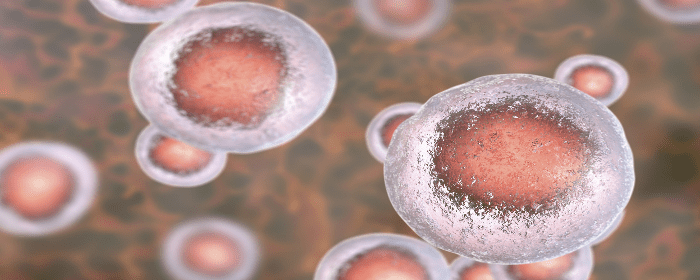A recent study has shown how stem cells may be able to help Crohn’s disease patients who suffer from perianal fistulas. The researchers specifically investigated how stem cell therapy for Crohn’s Disease compared to conventional approaches including antibiotics and immunosuppressors. Because research is still in its infancy, there has been great interest in how to best address perianal fistulas in Crohn’s disease patients.
For their study, the scientists studied adults between the ages of 19 and 68. The patients were divided into three groups: one group received mesenchymal stem cell therapy applied locally, another received a combination of cellular and anti-cytokine therapy, and a third received a combination of immunosuppressors and antibiotics. The researchers looked at the impact of these three therapeutic interventions on the frequency of relapses of perianal fistulas and evaluated patients with the index of perianal activity of Crohn’s disease (PCDAI).
Their results showed that the combined cellular and anti-cytokine therapy improved perianal lesions in Crohn’s disease patients more so than did the immunosuppressor and antibiotic combination. Specifically, with the stem cell and anti-cytokine approach, fistulas remained closed longer and fistulas recurred less frequently. Future research should help to determine if and how this stem cell approach can provide an effective and safe long-term therapy for Crohn’s disease patients with perianal fistulas.
Reference: Knyazev, OV et al. (2018). Stem cell therapy for perianal Crohn’s disease. Ter Arkh, 90(3), 60-66.


 St. Petersburg, Florida
St. Petersburg, Florida
